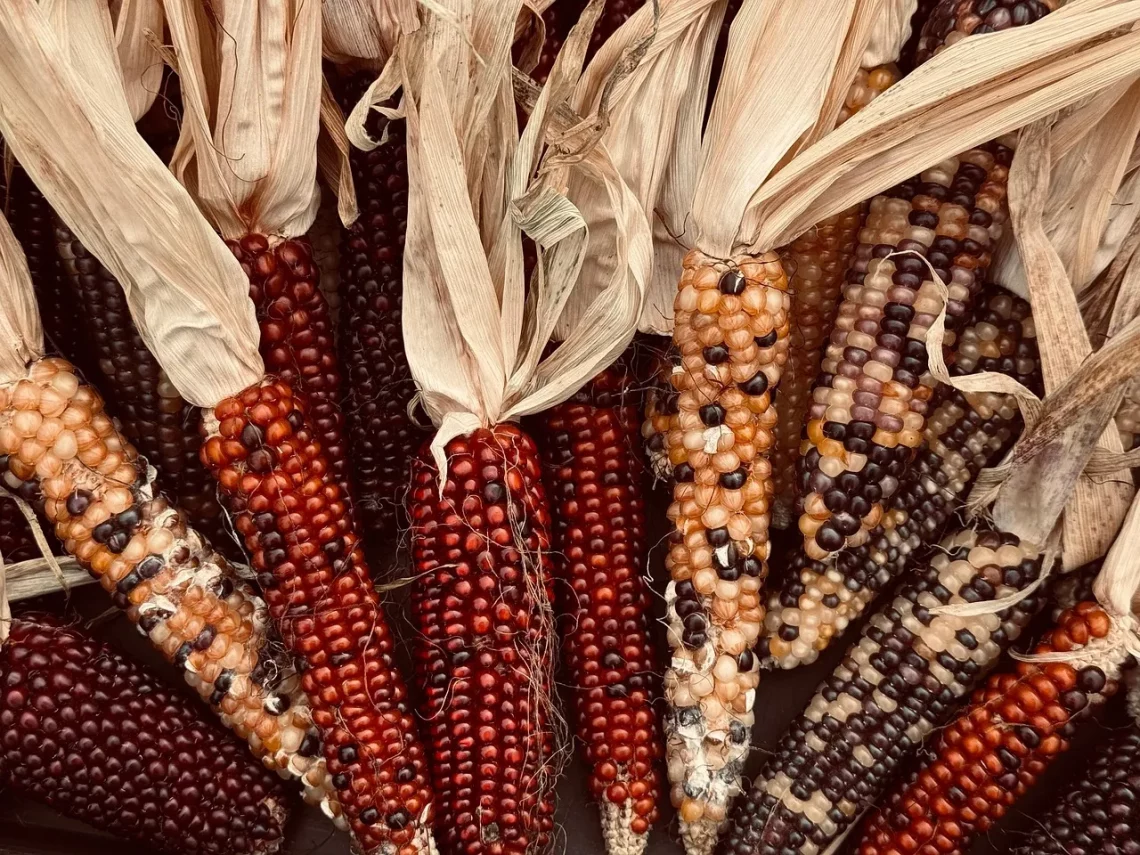
Can Guinea Pigs Safely Enjoy Asparagus in Their Diet?
Guinea pigs are beloved pets known for their gentle nature and sociable behavior. As with any pet, ensuring they receive a balanced diet is crucial for their health and happiness. These small rodents have specific nutritional needs that must be met to keep them thriving. Owners often seek to diversify their pets’ diets with various vegetables and fruits, wondering which items are safe and beneficial for them to consume.
One popular vegetable that many pet owners may consider introducing into their guinea pig’s diet is asparagus. This green spears are not just a culinary delight for humans but also boast a range of nutrients. However, when it comes to small pets like guinea pigs, it’s essential to understand the potential benefits and risks associated with adding new foods to their diet.
As with any dietary changes, careful consideration is necessary to ensure that these adorable creatures receive the nutrients they require while avoiding any foods that could be harmful. In the following sections, we will explore various aspects of feeding asparagus to guinea pigs, making it easier for pet owners to make informed decisions regarding their furry friends’ diets.
Nutritional Benefits of Asparagus for Guinea Pigs
Asparagus is a nutrient-rich vegetable that can provide several health benefits for guinea pigs when introduced appropriately into their diet. One of the primary advantages of asparagus is its high fiber content. Fiber is essential for guinea pigs as it aids in digestion and helps prevent gastrointestinal issues. A healthy digestive system is crucial for these animals, as they are prone to certain digestive disorders. The fiber found in asparagus can help keep their digestive tract functioning smoothly.
In addition to fiber, asparagus is also a good source of vitamins and minerals. It contains vitamin K, which plays a vital role in bone health and blood clotting. Guinea pigs, like all animals, require adequate levels of this vitamin to maintain their overall well-being. Furthermore, asparagus is rich in vitamin C, an essential nutrient for guinea pigs as they cannot synthesize it on their own. Vitamin C is known for its antioxidant properties and its role in supporting the immune system.
Another notable nutrient found in asparagus is folate, which is important for cell division and the production of DNA. This can contribute to overall health in guinea pigs, especially during their growth stages. Asparagus also contains various antioxidants that can help combat oxidative stress in the body, promoting healthy aging and longevity.
However, while asparagus has numerous benefits, it is important to remember that it should only be offered as an occasional treat rather than a staple food. Overconsumption of asparagus may lead to digestive upset due to its high fiber content. Therefore, moderation is key when introducing this vegetable into your guinea pig’s diet.
How to Safely Introduce Asparagus into a Guinea Pig’s Diet
When considering adding asparagus to your guinea pig’s diet, a gradual introduction is essential to monitor for any adverse reactions. Start by offering a small piece of fresh asparagus to your pet and observe their behavior and health over the next 24 hours. Look for any signs of discomfort, diarrhea, or changes in appetite. If your guinea pig enjoys the asparagus and shows no negative reactions, you can continue to offer it occasionally.
Preparation is also crucial when serving asparagus to guinea pigs. Always wash the vegetable thoroughly to remove any pesticides or chemicals that may be present on the surface. It’s advisable to serve fresh asparagus rather than cooked, as cooking can alter the nutritional content and make it less beneficial for your pet.
Cut the asparagus into manageable pieces to make it easier for your guinea pig to handle. This not only prevents choking but also encourages them to nibble and chew, which is essential for their dental health. Since guinea pigs have continuously growing teeth, providing crunchy vegetables like asparagus can help wear down their teeth naturally.
In addition to asparagus, ensure that your guinea pig’s diet consists primarily of hay, fresh vegetables, and a small amount of pellets. Hay should form the bulk of their diet, providing the necessary fiber for optimal digestion. Fresh vegetables can include a variety of leafy greens, bell peppers, and carrots, while pellets should be high in vitamin C and low in calcium.
Finally, always consult with a veterinarian before introducing new foods to your guinea pig’s diet, particularly if they have underlying health issues or dietary restrictions. This can help ensure that any changes are safe and beneficial for your furry friend.
Potential Risks and Considerations of Feeding Asparagus
While asparagus can offer some nutritional benefits to guinea pigs, there are potential risks and considerations that pet owners should be aware of before incorporating this vegetable into their diet. One of the main concerns is the high fiber content of asparagus. While fiber is essential for a healthy digestive system, too much of it can lead to gastrointestinal issues, such as bloating and gas. It’s vital to introduce asparagus in moderation and monitor your pet’s reaction.
Another consideration is the oxalate content in asparagus. Oxalates can bind with calcium and may contribute to kidney stones in susceptible animals. Although guinea pigs are less prone to developing kidney stones compared to some other pets, it is still a factor to consider, particularly if your pet has a history of urinary issues. Therefore, it’s crucial to balance their diet with a variety of vegetables that have lower oxalate levels.
Some guinea pigs may also have individual sensitivities or allergies to certain vegetables. If you notice any adverse reactions after feeding asparagus, such as changes in stool consistency or signs of discomfort, it’s best to discontinue offering it altogether. Always prioritize the health and comfort of your pet when making dietary choices.
Lastly, remember that a varied diet is key to a guinea pig’s health. While asparagus can be a delightful addition, it should not replace other essential foods. Ensure your guinea pig has a well-rounded diet that includes a variety of fresh vegetables, hay, and pellets to meet all their nutritional needs.
In conclusion, while asparagus can be a safe and nutritious treat for guinea pigs when offered in moderation, it is essential to consider both the benefits and potential risks. Always consult with a veterinarian if you have any concerns or questions about your guinea pig’s diet.
**Disclaimer:** This article is not intended to serve as medical advice. If you have concerns regarding your pet’s health or diet, please consult a qualified veterinarian for professional guidance.




